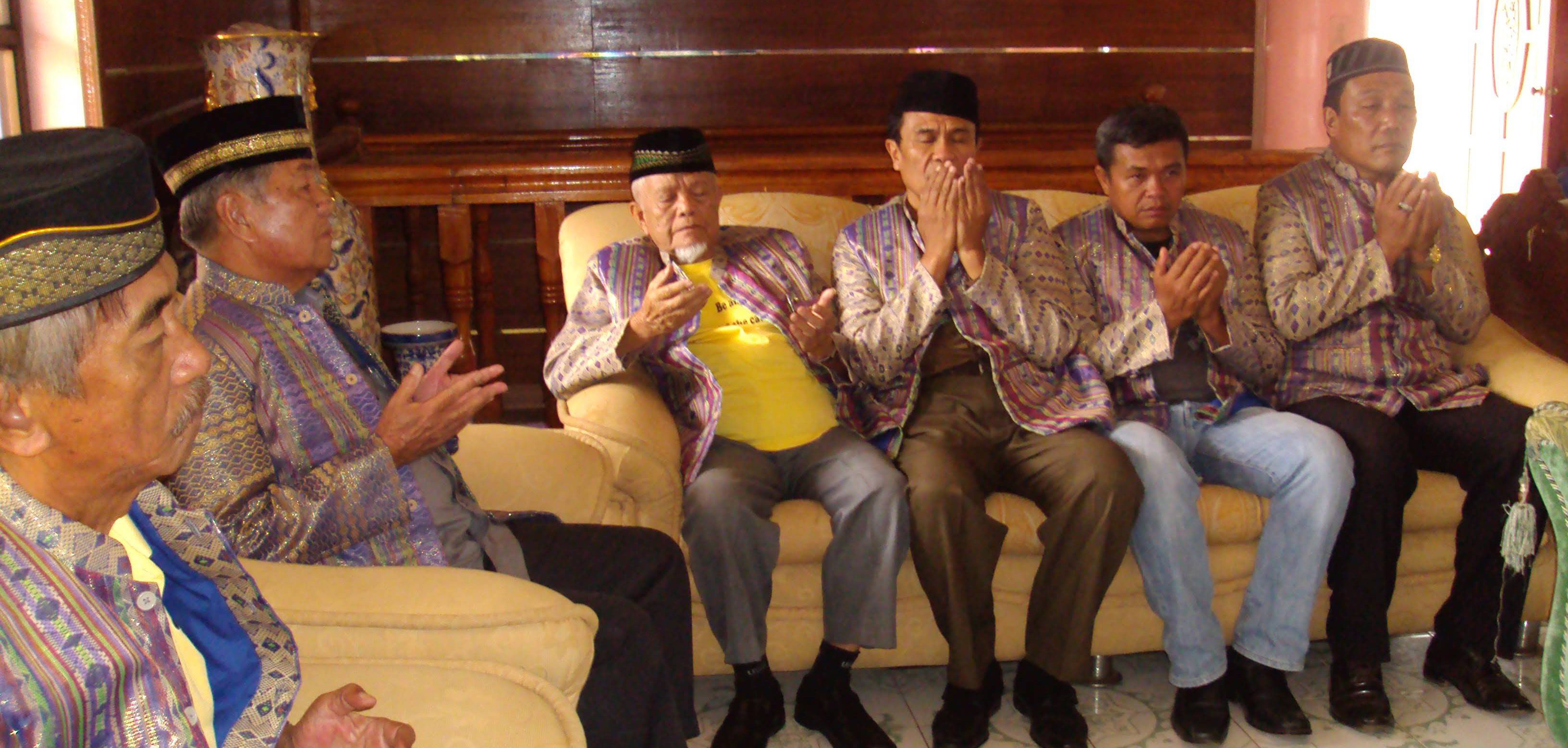
'If you are in government, you can still implement traditional law' : hybridity and justice in Lanao, the Philippines
This article discusses the emergence of hybrid institutional arrangements in the field of security and justice delivery in the provinces of Lanao del Sur and Lanao del Norte in the Philippines. It will be argued that these hybrid institutions cannot be explained by pointing at a weak or fragile state. Rather, over the past few decades, the Philippine state has demonstrated an exceptional capacity to incorporate a range of informal practices of justice delivery within formal state institutions. In the type of hybridity that is emerging, formal state institutions serve as avenues through which highly flexible practices of justice and security delivery are being performed.
As a result, control over justice and security provision has been transferred from traditional authorities to elected politicians. Rather than being a process of legitimate and sustainable state formation, this has reinforced an authoritarian political order under which access to justice and security is unevenly distributed. Based on these observations, this article puts forward some questions about a defining axiom within the current hybrid political order literature that views the interaction of informal and formal types of public authority as a prime avenue to enable post-conflict reconstruction and state formation.



